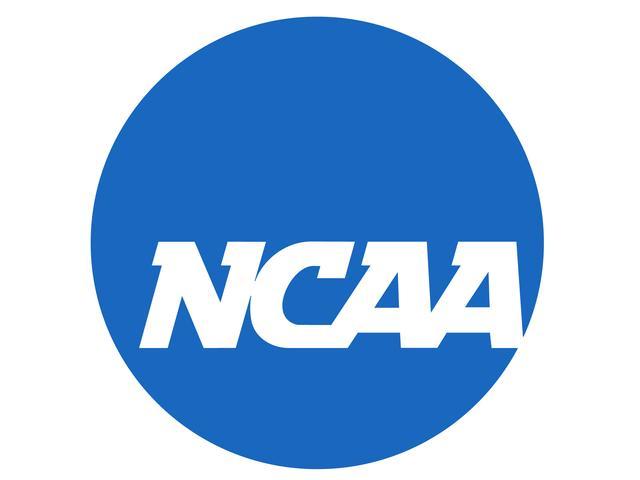Over the weekend, The Miami Herald ran an op-ed that I wrote titled, NCAA’s $2,000 boost to scholarship-athletes: too little, but a start. While I am in favor of the recent decision by the NCAA, which will allow conferences to permit their member schools to offer an additional $2,000 in grants, per year, to its student-athletes, I argue that it is a far cry from the type of system that should exist. However, we will never enjoy that optimal system so long as the NCAA continues to wield any influence over college sports.
Here is a section of the op-ed:
If a blue-chip, five-star recruit is weighing his options, deciding between attending Florida State University, the University of Florida, and University of Miami, why should the University of Miami not have the power to provide whatever amount of money required to get a commitment from that player? What is the problem with compensating a student-athlete based on the true value that he is projected to bring to the institution that seeks his service?
I know, abolishing a cap on athletic scholarships is a pipe dream. The NCAA will never get behind such a plan, because it would make college sports look too much like professional sports. In professional sports, there is no claim that the participants are operating under a cloak of amateurism. That cloak currently allows the NCAA to retain its tax exempt status under Part 7, Chapter 25, Section 26 of the IRS Manual, which states in part: “Under circumstances where such payments do destroy the amateur status of an athlete under the rules of the relevant sanctioning body, the organization cannot qualify for the exemption.”
There is too much profit at stake for the NCAA to consider getting rid of the cap entirely.
